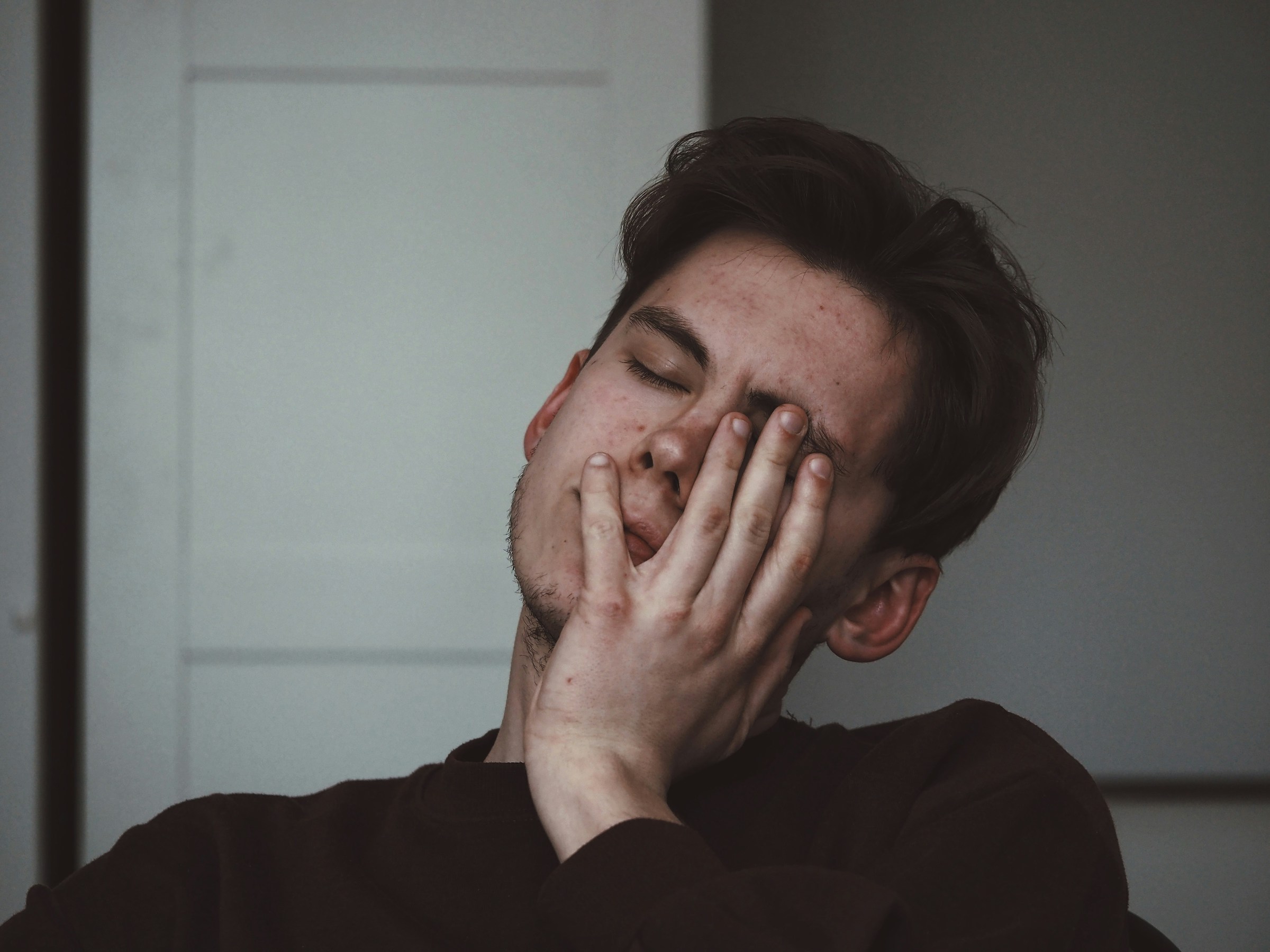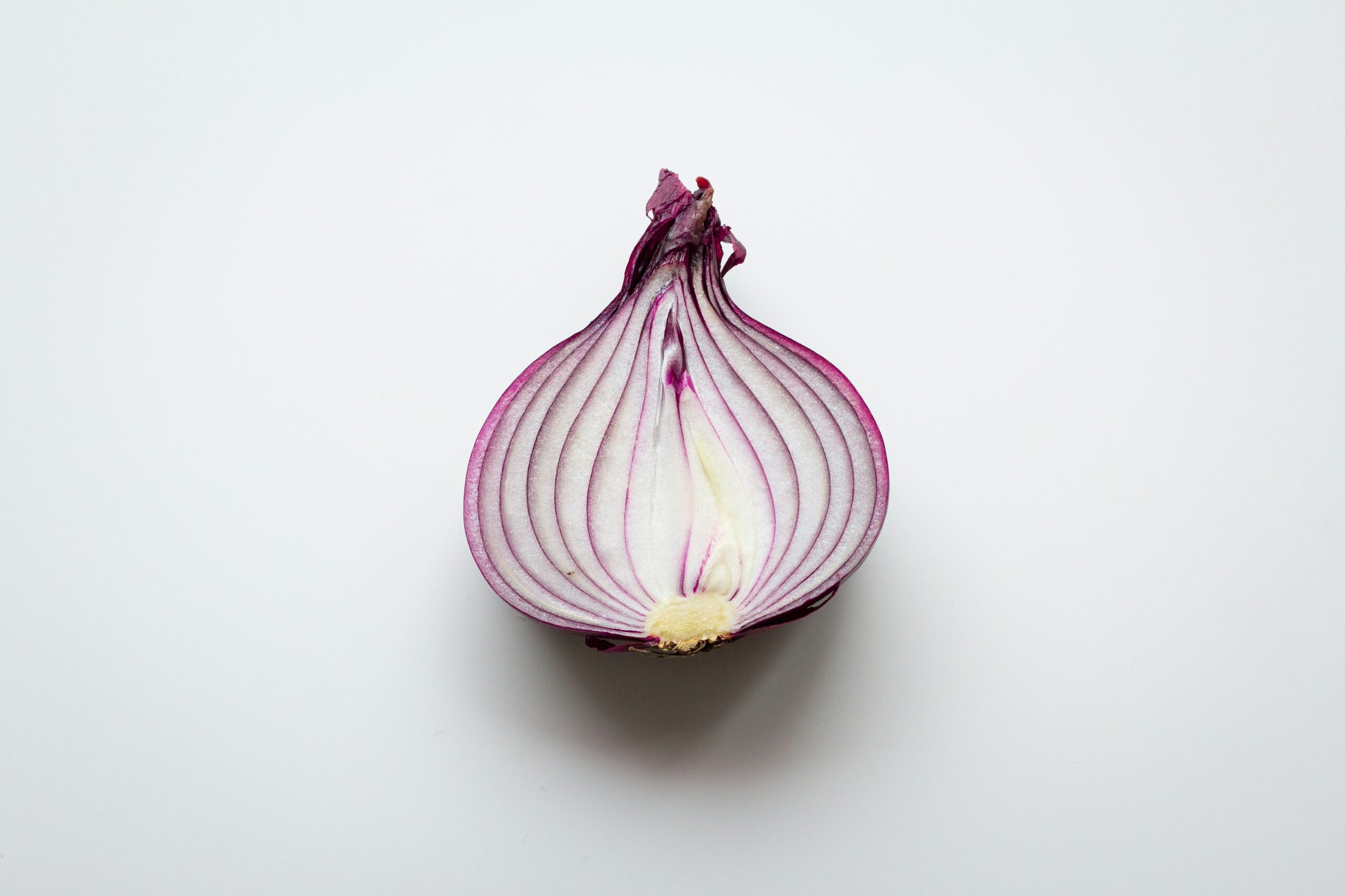Caffeine is a widely consumed psychoactive substance, present in various beverages and foods, and used globally for its stimulating effects. While moderate consumption can offer several health benefits, excessive or long-term use can lead to dependence, resulting in withdrawal symptoms when consumption is reduced or stopped. This guide aims to provide an exhaustive overview of caffeine withdrawal, covering its causes, symptoms, duration, and management strategies.
Understanding caffeine withdrawal is essential for anyone looking to reduce their intake or quit altogether. This guide will delve into the science behind caffeine dependence, the wide range of withdrawal symptoms, and effective strategies to manage and mitigate these symptoms. By the end of this guide, readers will be well-equipped with the knowledge needed to handle caffeine withdrawal effectively.
Understanding Caffeine and Its Effects
What is Caffeine?
Caffeine is a natural stimulant found in coffee, tea, cocoa, and many other plants. It is also added to various beverages, supplements, and medications. Chemically known as trimethylxanthine, caffeine works by stimulating the central nervous system, helping to increase alertness, reduce fatigue, and improve concentration. It is the most widely used psychoactive substance in the world, with millions of people consuming it daily.
How Caffeine Affects the Body
Once ingested, caffeine is quickly absorbed into the bloodstream and reaches peak levels within 30 to 60 minutes. Its primary mechanism of action is the blockade of adenosine receptors in the brain. Adenosine is a neurotransmitter that promotes sleep and relaxation by inhibiting neuronal activity. By blocking these receptors, caffeine prevents adenosine from exerting its calming effects, leading to increased neuronal firing and the release of other neurotransmitters like dopamine and norepinephrine.
Effects on the Central Nervous System
- Increased Alertness: Caffeine stimulates the brain, enhancing focus and concentration.
- Reduced Fatigue: By blocking adenosine, caffeine helps reduce the feeling of tiredness.
- Improved Cognitive Function: Studies have shown that caffeine can improve memory, reaction time, and overall cognitive performance.
Effects on the Cardiovascular System
- Increased Heart Rate: Caffeine can cause a temporary increase in heart rate and blood pressure.
- Enhanced Blood Flow: It can improve circulation, which is beneficial during physical activities.
Effects on the Digestive System
- Stomach Acid Secretion: Caffeine stimulates the production of stomach acid, which can cause digestive discomfort in some individuals.
- Diuretic Effect: It increases urine production, which can lead to dehydration if fluids are not adequately replenished.
Effects on Metabolism
- Boosted Metabolic Rate: Caffeine can increase the rate at which the body burns calories, aiding in weight management.
- Increased Fat Oxidation: It helps the body break down fat, making it a popular ingredient in weight loss supplements.
Health Benefits of Caffeine
Moderate caffeine consumption has been associated with several health benefits:
- Enhanced Cognitive Performance: Improved memory, attention, and reaction times.
- Neuroprotective Effects: Reduced risk of developing neurodegenerative diseases like Parkinson’s and Alzheimer’s.
- Physical Performance: Enhanced endurance and performance in physical activities.
- Disease Prevention: Lower risk of certain types of cancer, cardiovascular diseases, and type 2 diabetes.
The Phenomenon of Caffeine Dependence
How Caffeine Dependence Develops
Caffeine dependence develops due to the regular consumption of caffeine, which leads to physical changes in the brain. The brain adapts to the presence of caffeine by increasing the number of adenosine receptors, a process known as upregulation. This adaptation means that over time, the same amount of caffeine produces a reduced effect, leading individuals to consume more to achieve the desired level of stimulation.
Tolerance and Dependence
- Tolerance: The need to consume larger amounts of caffeine to achieve the same effects due to the brain’s adaptation.
- Dependence: The condition in which the brain requires regular caffeine intake to function normally and avoid withdrawal symptoms.
Signs of Caffeine Dependence
Identifying caffeine dependence can be crucial for managing intake and preparing for potential withdrawal. Some common signs include:
- Daily Need for Caffeine: Inability to start the day or function optimally without caffeine.
- Increased Consumption: Regularly consuming larger amounts to avoid withdrawal symptoms.
- Tolerance Development: Needing more caffeine to achieve the same stimulating effects.
- Withdrawal Symptoms: Experiencing headaches, fatigue, irritability, and other symptoms when caffeine intake is reduced or stopped.
Psychological Aspects of Dependence
- Habit Formation: The habitual nature of caffeine consumption, often tied to daily routines like morning coffee.
- Emotional Dependence: Reliance on caffeine to manage stress, improve mood, or enhance social interactions.
Caffeine Withdrawal: Causes and Symptoms
Causes of Caffeine Withdrawal
Caffeine withdrawal occurs when a person who has developed a dependence on caffeine abruptly reduces or stops their intake. The sudden absence of caffeine leads to a cascade of physiological responses, primarily due to the increased number of adenosine receptors in the brain. Without caffeine to block these receptors, adenosine’s effects are amplified, causing a range of withdrawal symptoms.
The Role of Adenosine
Adenosine promotes relaxation and sleepiness by inhibiting neural activity. In the absence of caffeine, the brain’s heightened sensitivity to adenosine results in increased fatigue, drowsiness, and other symptoms associated with withdrawal.
Common Symptoms of Caffeine Withdrawal
Caffeine withdrawal symptoms can vary in intensity and duration, depending on the individual’s level of dependence and overall health. Common symptoms include:
- Headaches: Often described as a throbbing pain, typically starting behind the eyes and moving to the front of the head. Headaches are one of the most common and prominent symptoms of caffeine withdrawal.
- Fatigue and Drowsiness: A significant decrease in energy levels and increased sleepiness. This symptom is due to the lack of caffeine’s stimulating effects and the heightened activity of adenosine.
- Irritability and Mood Swings: Increased irritability, anxiety, and depressive symptoms. The absence of caffeine can lead to changes in mood and increased emotional sensitivity.
- Difficulty Concentrating: Reduced cognitive function and difficulty focusing on tasks. This symptom is due to the loss of caffeine’s enhancing effects on brain function.
- Flu-like Symptoms: Nausea, muscle pain, stiffness, and overall flu-like discomfort. These symptoms can make the withdrawal period particularly challenging.
- Depressed Mood: Feelings of depression or a low mood during withdrawal. This symptom is related to the changes in neurotransmitter activity in the brain.
Duration of Withdrawal Symptoms
The duration of caffeine withdrawal symptoms can vary but generally follows a predictable timeline:
- Onset: Symptoms typically begin 12 to 24 hours after the last caffeine intake. The timing of onset can depend on the individual’s level of dependence and the amount of caffeine consumed.
- Peak: Symptoms usually peak within 24 to 48 hours. During this time, the withdrawal symptoms are at their most intense.
- Resolution: Most symptoms resolve within a week, though some individuals may experience lingering effects for several weeks. The duration of withdrawal can vary based on individual factors and the severity of dependence.
Managing Caffeine Withdrawal
Gradual Reduction of Caffeine Intake
One of the most effective strategies for managing caffeine withdrawal is to gradually reduce caffeine intake rather than quitting abruptly. This method allows the body to slowly adjust to lower levels of caffeine, minimizing the severity of withdrawal symptoms. Tips for gradual reduction include:
- Decrease Daily Intake: Gradually reduce the amount of caffeine consumed each day. For example, if you usually drink four cups of coffee a day, try reducing to three cups for a week, then two cups the next week, and so on.
- Switch to Decaf: Substitute caffeinated beverages with decaffeinated versions. This allows you to enjoy the taste and ritual of your favorite beverages without the caffeine.
- Dilute Beverages: Mix caffeinated drinks with non-caffeinated options to lower the overall caffeine content. For example, mix regular coffee with decaf or dilute caffeinated tea with herbal tea.
- Increase Hydration: Drink plenty of water to stay hydrated and help flush caffeine from the system. Proper hydration can help mitigate some withdrawal symptoms.
Over-the-Counter Medications
Certain over-the-counter medications can help alleviate specific withdrawal symptoms, such as:
- Pain Relievers: Acetaminophen or ibuprofen can help reduce headache and muscle pain. These medications can provide relief from some of the most common and uncomfortable withdrawal symptoms.
- Antihistamines: Medications like diphenhydramine can help with sleep disturbances and drowsiness. These can be particularly useful if withdrawal symptoms are interfering with sleep.
Lifestyle Changes
Adopting healthy lifestyle changes can also support the management of caffeine withdrawal symptoms:
- Regular Exercise: Physical activity can help improve mood, increase energy levels, and reduce fatigue. Exercise stimulates the release of endorphins, which can improve overall well-being.
- Balanced Diet: Eating a well-balanced diet rich in fruits, vegetables, whole grains, and lean proteins can support overall health and well-being. Proper nutrition can help the body cope with withdrawal symptoms.
- Adequate Sleep: Ensuring sufficient rest can help combat fatigue and improve cognitive function. Establishing a regular sleep schedule can help manage withdrawal-related drowsiness and fatigue.
Psychological Support
For individuals experiencing significant psychological distress during caffeine withdrawal, seeking support from a mental health professional can be beneficial. Cognitive-behavioral therapy (CBT) and other counseling approaches can help address mood swings, anxiety, and depression associated with withdrawal.
- Cognitive-Behavioral Therapy (CBT): CBT can help individuals develop coping strategies and address negative thought patterns related to caffeine dependence and withdrawal.
- Support Groups: Joining support groups, either in-person or online, can provide a sense of community and shared experience, which can be helpful during the withdrawal process.
Special Considerations
Caffeine Withdrawal in Specific Populations
Certain populations may experience unique challenges with caffeine withdrawal, including:
- Pregnant Women: Pregnant women may need to reduce caffeine intake to avoid potential risks to the fetus but should do so under medical supervision. Excessive caffeine intake during pregnancy can increase the risk of miscarriage and low birth weight.
- Individuals with Mental Health Conditions: Those with pre-existing mental health conditions, such as anxiety or depression, may experience exacerbated symptoms during withdrawal and should seek professional guidance. Caffeine can influence mood and anxiety levels, so withdrawal may have a significant impact on these individuals.
- High-Caffeine Consumers: Individuals who consume very high levels of caffeine (e.g., more than 400 mg per day) may experience more severe withdrawal symptoms and require a more structured approach to reducing intake. Gradual reduction is especially important for this group to minimize withdrawal effects.
Potential Risks and Complications
While caffeine withdrawal is generally not life-threatening, severe symptoms can impact daily functioning and quality of life. Potential risks and complications include:
- Severe Headaches: Debilitating headaches that interfere with daily activities. These can be intense and persistent, making it difficult to concentrate or perform daily tasks.
- Mood Disturbances: Increased risk of anxiety, depression, and irritability. Withdrawal can exacerbate existing mood disorders and create additional emotional stress.
- Impaired Performance: Reduced cognitive and physical performance, particularly in individuals with demanding jobs or academic responsibilities. This can affect productivity and overall performance in various areas of life.
The Science Behind Caffeine Withdrawal
Neurochemical Changes
Caffeine affects the brain by blocking adenosine receptors, which play a crucial role in promoting sleep and relaxation. When caffeine is no longer consumed, the brain must adjust to the sudden lack of stimulation, leading to withdrawal symptoms.
- Adenosine Receptors: Increased sensitivity due to the upregulation of adenosine receptors during regular caffeine consumption.
- Neurotransmitter Imbalance: Changes in the levels of dopamine, norepinephrine, and other neurotransmitters that affect mood and energy levels.
Genetic Factors
Genetics can play a role in how individuals experience caffeine withdrawal. Some people may have genetic variations that make them more sensitive to caffeine and its withdrawal effects.
- CYP1A2 Enzyme: Variations in the gene coding for the enzyme CYP1A2, which is responsible for metabolizing caffeine, can affect how quickly caffeine is processed in the body.
- ADORA2A Gene: Genetic variations in the ADORA2A gene, which codes for adenosine receptors, can influence an individual’s sensitivity to caffeine.
Case Studies and Personal Experiences
Case Study 1: Gradual Reduction Success
A 35-year-old woman who consumed six cups of coffee daily for over a decade decided to reduce her intake due to increasing anxiety and sleep disturbances. By gradually reducing her consumption by one cup per week, she successfully minimized withdrawal symptoms and experienced significant improvements in her anxiety levels and sleep quality.
Case Study 2: Abrupt Cessation Challenges
A 28-year-old man who consumed energy drinks regularly decided to quit caffeine cold turkey after experiencing heart palpitations. He faced severe withdrawal symptoms, including intense headaches, fatigue, and irritability. After consulting with a healthcare provider, he adopted a gradual reduction approach, which significantly alleviated his symptoms.
Personal Experiences
Numerous individuals have shared their personal experiences with caffeine withdrawal, highlighting the variability in symptoms and coping strategies. These stories emphasize the importance of individualized approaches to managing withdrawal.
- Experience 1: A student who relied on caffeine for late-night study sessions experienced difficulty concentrating and mood swings during withdrawal but found regular exercise and a balanced diet helpful.
- Experience 2: An office worker who drank several cups of coffee daily experienced severe headaches and fatigue but managed symptoms through gradual reduction and staying hydrated.
Future Research and Developments
Ongoing Studies
Current research is exploring various aspects of caffeine withdrawal, including the underlying mechanisms, genetic factors, and effective management strategies. Understanding these factors can lead to better recommendations for individuals seeking to reduce their caffeine intake.
- Mechanisms of Dependence: Studies examining how chronic caffeine consumption alters brain chemistry and contributes to dependence.
- Genetic Research: Investigations into genetic variations that influence caffeine metabolism and withdrawal experiences.
- Management Strategies: Research on effective interventions, including pharmacological treatments and behavioral therapies.
Potential Treatments
Future developments may include new treatments for managing caffeine withdrawal, such as medications that target specific withdrawal symptoms or enhance the body’s ability to adjust to reduced caffeine levels.
- Pharmacological Interventions: Medications that can alleviate withdrawal symptoms or support the brain’s adaptation process.
- Behavioral Therapies: Advanced cognitive-behavioral approaches tailored to caffeine withdrawal and dependence.
FAQs About Caffeine Withdrawal
What is caffeine withdrawal?
Caffeine withdrawal refers to the symptoms experienced when a person who regularly consumes caffeine abruptly reduces or stops their intake. These symptoms can include headaches, fatigue, irritability, and difficulty concentrating.
Why does caffeine withdrawal occur?
Caffeine withdrawal occurs because the brain adapts to the regular presence of caffeine by increasing the number of adenosine receptors. When caffeine intake is suddenly reduced, adenosine’s effects are amplified, leading to withdrawal symptoms.
What are the common symptoms of caffeine withdrawal?
Common symptoms include headaches, fatigue, drowsiness, irritability, difficulty concentrating, flu-like symptoms, and depressed mood.
How long do caffeine withdrawal symptoms last?
Symptoms typically begin 12 to 24 hours after the last caffeine intake, peak within 24 to 48 hours, and generally resolve within a week, although some individuals may experience lingering effects for several weeks.
Can caffeine withdrawal be managed effectively?
Yes, caffeine withdrawal can be managed effectively through gradual reduction of caffeine intake, use of over-the-counter medications, lifestyle changes, and psychological support.
Is it better to quit caffeine cold turkey or gradually reduce intake?
Gradual reduction of caffeine intake is generally more effective in minimizing withdrawal symptoms compared to quitting cold turkey.
Can over-the-counter medications help with caffeine withdrawal symptoms?
Yes, over-the-counter medications such as acetaminophen or ibuprofen can help alleviate headaches and muscle pain, while antihistamines like diphenhydramine can assist with sleep disturbances.
How can lifestyle changes support caffeine withdrawal management?
Regular exercise, a balanced diet, adequate sleep, and staying hydrated can support the body during caffeine withdrawal and help mitigate symptoms.
What role does exercise play in managing caffeine withdrawal?
Exercise can improve mood, increase energy levels, and reduce fatigue, making it a beneficial strategy for managing caffeine withdrawal symptoms.
Can a balanced diet help with caffeine withdrawal?
Yes, eating a well-balanced diet rich in fruits, vegetables, whole grains, and lean proteins can support overall health and help the body cope with withdrawal symptoms.
How important is adequate sleep during caffeine withdrawal?
Adequate sleep is crucial during caffeine withdrawal as it helps combat fatigue and improve cognitive function. Establishing a regular sleep schedule can be particularly beneficial.
What is cognitive-behavioral therapy (CBT), and how can it help with caffeine withdrawal?
CBT is a type of psychological therapy that helps individuals develop coping strategies and address negative thought patterns. It can be beneficial for managing mood swings, anxiety, and depression associated with caffeine withdrawal.
Are there support groups for caffeine withdrawal?
Yes, there are support groups, both in-person and online, where individuals can share experiences and support each other through caffeine withdrawal.
How does caffeine affect the central nervous system?
Caffeine stimulates the central nervous system by blocking adenosine receptors, which increases alertness, reduces fatigue, and enhances cognitive function.
What are the effects of caffeine on the cardiovascular system?
Caffeine can temporarily increase heart rate and blood pressure and improve blood flow, which can be beneficial during physical activities.
How does caffeine affect the digestive system?
Caffeine stimulates stomach acid secretion, which can cause digestive discomfort in some individuals. It also has a diuretic effect, increasing urine production.
What are the metabolic effects of caffeine?
Caffeine can boost metabolic rate and increase fat oxidation, aiding in weight management and making it a popular ingredient in weight loss supplements.
What are the health benefits of moderate caffeine consumption?
Moderate caffeine consumption can enhance cognitive performance, provide neuroprotective effects, improve physical performance, and reduce the risk of certain diseases.
What is caffeine dependence, and how does it develop?
Caffeine dependence occurs due to regular consumption of caffeine, leading to physical changes in the brain, such as the upregulation of adenosine receptors. This results in the need for increased caffeine intake to achieve the same effects.
What are the signs of caffeine dependence?
Signs of caffeine dependence include a daily need for caffeine, increased consumption to avoid withdrawal symptoms, tolerance development, and experiencing withdrawal symptoms when intake is reduced.
Can genetic factors influence caffeine withdrawal?
Yes, genetic factors can influence how individuals experience caffeine withdrawal. Variations in genes coding for enzymes and receptors involved in caffeine metabolism and sensitivity can affect withdrawal symptoms.
What are some potential risks and complications of caffeine withdrawal?
Potential risks include severe headaches, mood disturbances, and impaired cognitive and physical performance, particularly in individuals with demanding jobs or academic responsibilities.
Are there any special considerations for caffeine withdrawal in pregnant women?
Pregnant women should reduce caffeine intake under medical supervision to avoid potential risks to the fetus, such as increased risk of miscarriage and low birth weight.
How can individuals with pre-existing mental health conditions manage caffeine withdrawal?
Individuals with mental health conditions should seek professional guidance, as caffeine withdrawal can exacerbate symptoms of anxiety and depression. A gradual reduction approach and psychological support may be beneficial.
What are some strategies for high-caffeine consumers to reduce intake?
High-caffeine consumers should adopt a gradual reduction approach, reducing intake by small amounts over time, substituting with decaf options, and staying hydrated to manage withdrawal symptoms effectively.
How does regular exercise help during caffeine withdrawal?
Regular exercise stimulates the release of endorphins, which can improve mood, increase energy levels, and reduce fatigue, making it a beneficial strategy during caffeine withdrawal.
What role does hydration play in managing caffeine withdrawal?
Staying hydrated helps flush caffeine from the system and can mitigate some withdrawal symptoms, such as headaches and fatigue.
Can cognitive-behavioral therapy (CBT) address caffeine dependence?
Yes, CBT can help individuals develop coping strategies, address negative thought patterns, and manage mood swings, anxiety, and depression related to caffeine dependence and withdrawal.
Are there any ongoing studies on caffeine withdrawal?
Yes, ongoing studies are exploring various aspects of caffeine withdrawal, including the underlying mechanisms, genetic factors, and effective management strategies.
What are potential future treatments for caffeine withdrawal?
Potential future treatments may include pharmacological interventions that target specific withdrawal symptoms or enhance the brain’s ability to adjust to reduced caffeine levels, as well as advanced behavioral therapies.
Conclusion
Caffeine withdrawal is a common and often uncomfortable experience for individuals who abruptly reduce or stop their caffeine intake. Understanding the causes, symptoms, and management strategies for caffeine withdrawal can help individuals navigate this challenging period more effectively. By gradually reducing caffeine consumption, adopting healthy lifestyle changes, and seeking appropriate support, individuals can minimize withdrawal symptoms and successfully reduce their dependence on caffeine.
Whether you are a habitual caffeine consumer or someone considering reducing your intake, being informed about caffeine withdrawal can empower you to make healthier choices and improve your overall well-being. With the knowledge and strategies provided in this comprehensive guide, you can approach caffeine withdrawal with confidence and ease, ultimately leading to a healthier and more balanced life.



